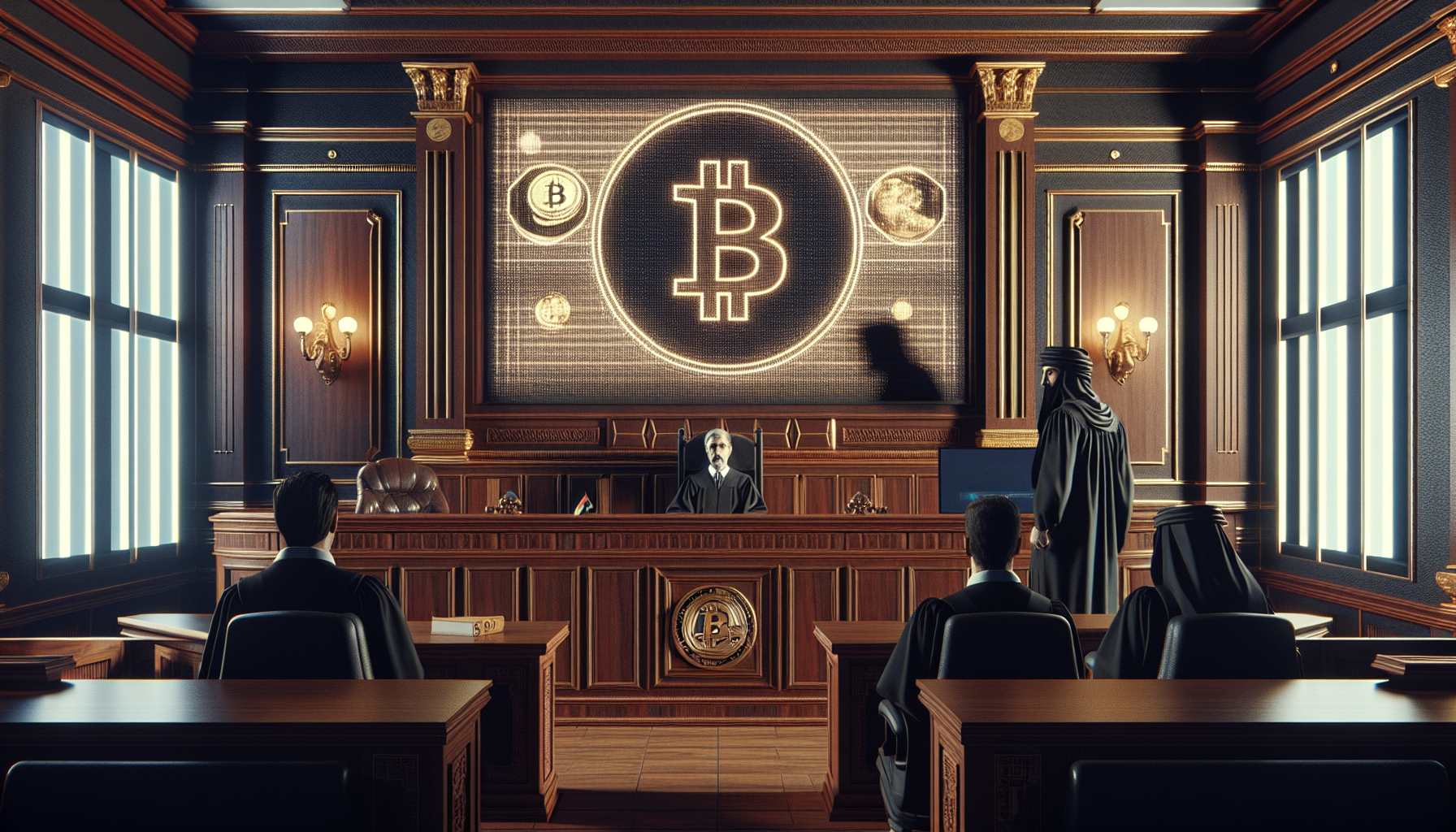
tl;dr
A U.S. judge blocked a terror-financing lawsuit against Binance founder CZ, citing improper legal service procedures, highlighting challenges in holding overseas executives accountable.
**U.S. Judge Bars Legal Action Against Binance Founder in Terror-Financing Lawsuit**
*Delay in Serving Binance CEO Highlights Challenges of Pursuing Overseas Executives in U.S. Courts*
A U.S. federal judge has ruled that Binance founder Changpeng “CZ” Zhao was not properly served in a terror-financing lawsuit tied to the October 2023 Hamas attacks, shielding him from direct legal exposure while the case against the cryptocurrency exchange continues. The decision, issued by a D.C. federal court, underscores the complexities of enforcing U.S. legal actions against overseas executives and the role of procedural technicalities in delaying accountability.
**Judge Rejects Service Attempts on Zhao**
The lawsuit, brought by over 40 American plaintiffs and families of victims of the October 7 Hamas attacks, sought to hold Zhao personally liable for alleged ties between Binance and terrorist groups. The plaintiffs attempted to serve Zhao electronically via email and social media, citing his residence in the United Arab Emirates and Binance’s lack of a centralized global headquarters. However, the court dismissed these efforts, ruling that proper “service of process” requirements were not met.
This ruling means Zhao cannot yet be held personally accountable in the case, even as Binance remains a named defendant. The decision highlights the challenges U.S. courts face when targeting executives based outside the country, where jurisdictional and procedural hurdles often slow legal proceedings.
**Ongoing Legal Proceedings**
Earlier this year, a Manhattan federal court allowed the broader lawsuit to proceed, rejecting Binance’s motion to dismiss. Plaintiffs allege that the exchange knowingly facilitated transactions for Hamas and the Palestinian Islamic Jihad (PIJ), enabling the groups to fund operations through Binance’s platform. They argue that Zhao and the company failed to implement adequate safeguards, creating opportunities for illicit use.
The case is part of a wave of lawsuits targeting Binance and its founder. In one instance, Zhao claimed a party demanded $4.4 billion from the exchange under threat of spreading fabricated claims linking Binance to terrorism. Binance has consistently denied all allegations, asserting that it complies with U.S. and global regulations and has no ties to Hamas or PIJ. The company has criticized the litigation as a “pile-on” strategy aimed at pressuring settlements.
**Industry Implications and Regulatory Challenges**
The ruling reflects broader challenges in regulating global cryptocurrency platforms. Binance’s decentralized structure and international presence complicate efforts to hold it accountable under U.S. law. For policymakers, the case underscores the need for clearer compliance frameworks and coordinated enforcement mechanisms to address cross-border financial risks.
As the legal battle continues, the outcome could set a precedent for how U.S. courts handle similar cases involving overseas entities. For now, Zhao remains shielded from personal liability, but Binance faces mounting pressure as the lawsuit progresses. The case also raises critical questions about the balance between innovation in the crypto industry and the need for robust anti-terrorism measures.
With no clear resolution in sight, the legal and regulatory landscape for global exchanges remains in flux, shaped by the interplay of jurisdictional boundaries, procedural rules, and the evolving nature of digital finance.